
Read or listen offline
audio autogenerado
1×
audio autogenerado
Recommendation
In the wake of the Great Recession, economists, politicians and pundits have battled over how to address weak growth and declining prospects: by stimulus or austerity? IMF economists Olivier Blanchard, Mark Griffiths and Bertrand Gruss delve into Latvia’s recent economic history to understand austerity’s role in the nation’s return to growth. Their findings may not settle the argument once and for all, but getAbstract recommends this well-reasoned, well-researched investigation to readers on both sides of the economic debate.
Take-Aways
About the Authors
Olivier Blanchard is director of research at the IMF, where Bertrand Gruss is an economist. Mark Griffiths is the IMF’s Latvia mission chief.
By the same authors
Learners who read this summary also read
Book
Article
Report








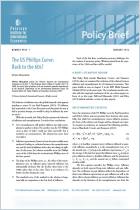
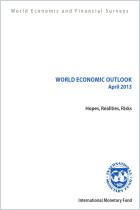
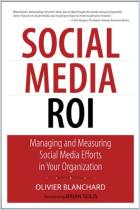
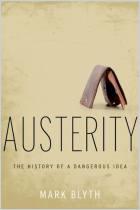

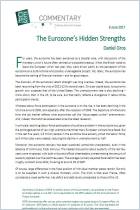
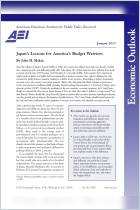
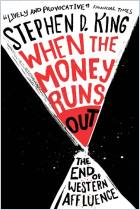
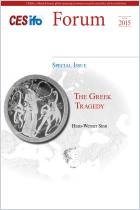





Comment on this summary or Comenzar discusión